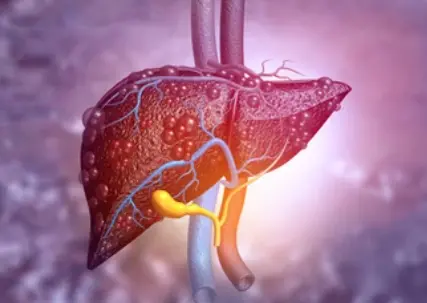 Welcome
Welcome
“May all be happy, may all be healed, may all be at peace and may no one ever suffer."
Thyroid carcinoma - Generics
Thyroid carcinoma is a type of cancer that develops in the cells of the thyroid gland, which is located in the front of the neck and produces hormones that regulate the body's metabolism. Thyroid carcinoma is relatively rare, accounting for less than 1% of all cancers.
There are several types of thyroid carcinoma, including papillary thyroid carcinoma, follicular thyroid carcinoma, medullary thyroid carcinoma, and anaplastic thyroid carcinoma. Papillary and follicular thyroid carcinomas are the most common types, and are often slow-growing and easily treated if detected early.
Symptoms of thyroid carcinoma can include a lump or swelling in the neck, difficulty swallowing, hoarseness, and neck pain. Diagnosis of thyroid carcinoma typically involves a combination of imaging tests, such as ultrasound or CT scans, and biopsy to confirm the presence of cancer cells.
Treatment for thyroid carcinoma depends on the type and stage of the cancer, as well as the patient's overall health. Options may include surgery to remove the affected portion of the thyroid gland, radioactive iodine therapy to destroy any remaining cancer cells, and/or radiation therapy or chemotherapy.
Prognosis for thyroid carcinoma varies depending on the specific type and stage of the cancer, as well as other factors such as age and overall health. With early detection and treatment, many people with thyroid carcinoma are able to achieve remission and have good long-term outcomes.

Cognitive enhancer

Superficial bacterial inf...

Ovarian failure

Painful bladder syndrome

Wheezing

Intestinal amoebiasis

Liver cirrhosis

lodine deficiency
Thyroid carcinoma, থাইরয়েড কার্সিনোমা
To be happy, beautiful, healthy, wealthy, hale and long-lived stay with DM3S.